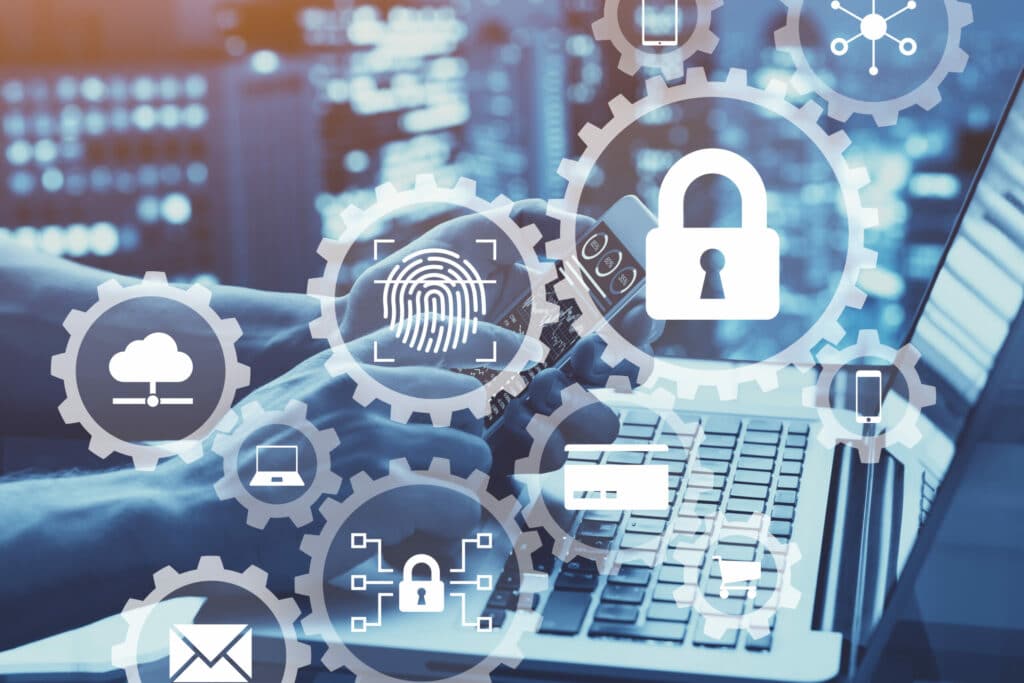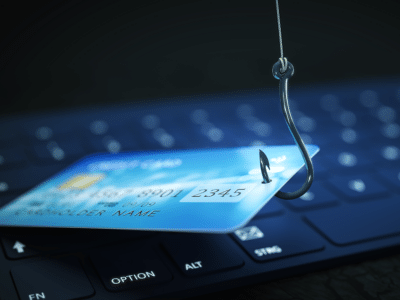It has been more than a year since the outbreak of the COVID-19 pandemic, and most organizations have yet to return to their routines.
From supporting remote workers to digitizing paper-based processes, many complex challenges are keeping small and medium-sized businesses (SMBs) busy right now, so why should they spend their limited resources on cybersecurity?
In this article, we explore five of them to explain why cybersecurity must be a top priority for all SMBs, even during these trying times.
1. Cybersecurity Incidents Are Inevitable
Most seasoned cybersecurity experts agree that data breaches and other cybersecurity incidents are not a matter of “if,” but “when.”
Their rather bleak outlook is supported by numerous reputable cybersecurity statistics. For example, Cybersecurity Ventures estimates a ransomware attack on a business every 11 seconds, up from 40 seconds in 2016.
Considering that 67 percent of small businesses experienced a cyber attack in 2018, it’s not an exaggeration anymore to say that every business will experience a cybersecurity incident at some point.
But despite this fact, 48 percent of SMBs still believe they’re “too small” for cybercriminals to target, according to Sectigo’s 2021 Sectigo State of Website Security and Threat Report. This false assumption can easily have fatal consequences, making targeted organizations unable to recover even from relatively minor incidents.
2. Data Breaches Are a Financial Nightmare for SMBs
The total cost of a data breach includes three main components:
- Direct costs: Expenses that the organization incurs in dealing with the data breach, such as fines, investigation, and compensation to the affected users.
- Indirect costs: Examples of indirect costs include the lost time and effort in dealing with the data breach.
- Lost opportunity cost: The lost opportunity cost comes mainly from the tendency of potential customers and business partners to avoid organizations that have previously suffered a data breach.
When you combine all three data breach costs, you end up with an average cost of around $200,000.
That may be pocket change for large enterprises with hundreds and thousands of employees. Still, most SMBs can’t afford to lose so much money to a cybersecurity incident without suffering severe consequences.
3. Cybersecurity Isn’t Just About Protecting Yourself
As an organization, you are responsible for protecting your customers and business partners, including keeping their personal information away from cybercriminals, who wouldn’t hesitate before selling it to the highest bidder on the dark web or using it to launch sophisticated spear-phishing attacks.
Without sufficient cybersecurity measures in place, there’s no way for you to fulfill this responsibility and earn a reputation as a trustworthy business partner.
By establishing yourself as someone who recognizes and understands the current cybersecurity threats and is willing to do whatever it takes to ensure sufficient protection against them, you’ll attract like-minded business partners who will, in turn, minimize the risk of your organization experiencing a third-party data breach.
4. SMBs Have Industry and Government Regulations to Follow
Just like large enterprises, SMBs have all kinds of industry and government regulations to follow, including:
- PCI DSS (requirements to accept and process online payments)
- NIST Cybersecurity Framework (cybersecurity requirements for government contractors)
- HIPPA (sets the standard for sensitive patient data protection)
- GDPR (a regulation in the EU that deals with data protection and privacy)
- CMMC (provides a set of mandatory cybersecurity requirements across the Defense Industrial Base and Defense Supply Chain)
- CCPA (a state statute whose purpose is to protect the data privacy and rights of California consumers)
While each industry and government regulation has different cybersecurity requirements, they all revolve around the same cybersecurity best practices.
Organizations that successfully comply with relevant regulations by implementing the required cybersecurity measures can avoid costly data breaches and hefty compliance violation fines, which can sometimes exceed the cost of the incident itself.
5. Digital Transformation Is Not Slowing Down
The COVID-19 pandemic has highlighted the importance of digital transformation. Organizations that had digitalized all core processes and moved critical infrastructure to the cloud before the global outbreak found it much easier to transition their workforce to remote working arrangements than organizations whose digital transformation initiatives were in their infancy.
No wonder, then, that the impact of the COVID-19 pandemic has resulted in a significant shift in how business leaders view technology. Before, many viewed it as a means to save money and reduce spending. The same business leaders now view it as a means to innovate and thrive.
But increased digitalization means more chances for cybersecurity incentives to occur. Organizations need to realize that their digital transformation efforts can be successful only if they get the cybersecurity part of the equation right.
Let Us Help You Make Cybersecurity Your Priority
At Aligned Technology Solutions, we understand the critical importance of cybersecurity for modern organizations, and we have the skills and expertise to keep even the most dangerous cyber threats from harming you.
Get in touch with us so we can equip you with cybersecurity protection that keeps up with the pace of change.



